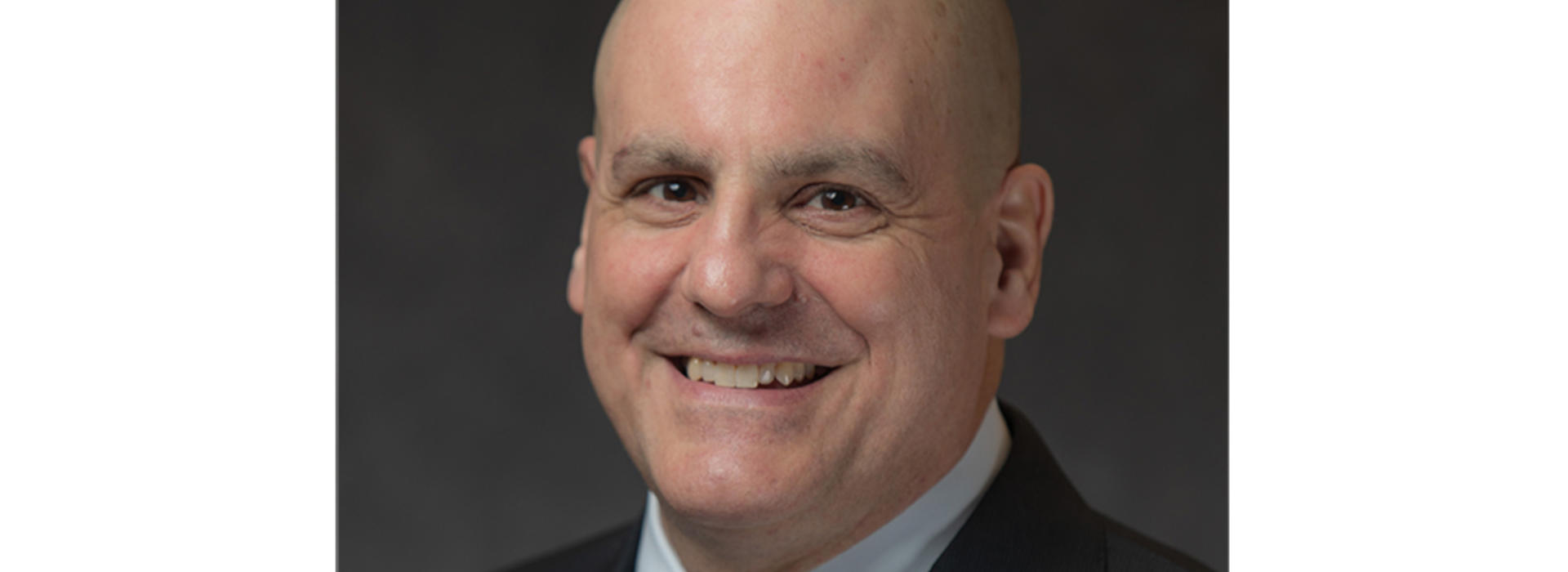
Brian McGlinch, MD, Identifies Pattern to Help COVID-19 Frontline Workers
Colonel Brian McGlinch, MD, a U.S. Army Reserve hospital commander and assistant professor in the Department of Anesthesiology, came to the University of Minnesota Medical School in the fall of 2015–– shortly after Michael Wall, MD, FCCM, was hired as the head of the Department of Anesthesiology.
“After 19 years at the Mayo Clinic, I realized I was in need of a new clinical experience,” he said. “Dr. Wall had a vision for how he wanted to run the department that I really believed in. So, I took the opportunity to continue lifelong learning and attempt a new clinical practice and came to the U of M.”
In addition to his roles as a hospital commander and assistant professor, Dr. McGlinch is a clinical anesthesiologist at the M Health Fairview University of Minnesota Medical Center.
Identifying Patterns
“As an anesthesiologist, we look at patterns,” he said. “For example, if a patient is losing blood, their blood pressure is going to drop.”
When the COVID-19 pandemic hit, Dr. McGlinch started to see a familiar pattern in his colleagues at the M Health Fairview University of Minnesota Medical Center.
“Our staff and providers were behaving like they were in a combat support hospital in Iraq or Afghanistan,” he said. “The difference was, when we deploy military personnel to combat zones, we train them. We give them experience, we give them instructions and tell them what to expect.”
Unfortunately, the COVID-19 pandemic was such a unique threat that there was no way to anticipate how people would respond.
So, Dr. McGlinch, along with a multidisciplinary team of Medical School faculty––including Barbara Gold, MD, MS, Jeffrey Wozniak, PhD, LP, Sophia Vinogradov, MD, and Cristina Sophia Albott, MD, MA––set out to develop the Minnesota Resilience Action Plan (MinnRAP) to help protect the emotional well-being of our healthcare workers.
“The initial support of the program was overwhelming—within two weeks, nearly 800 people were signed up to participate,” he said.
An Enduring Culture of Empathy
Dr. McGlinch and his peers hope that MinnRAP will help build a culture of empathy that endures after the COVID-19 stress goes away.
“Our goal is to be left with a baseline of employees that care about each other––that make each other feel valued and important at all times,” he said.
In addition, Dr. McGlinch sees potential for the program to assist in the prevention of provider burnout.
“MinnRAP could allow us to see, over time, what causes providers to burn out and how to prevent it from happening,” he said.